Summer is the season of sun-soaked days and outdoor fun. But the hot weather and increased exposure to UV rays also present challenges for maintaining healthy, radiant skin. Unfortunately, misinformation about summer skincare often leads to ineffective practices and even skin damage. In this article, we'll debunk common summer skincare myths and provide science-backed advice for protecting and nurturing your skin during the warmest months of the year.

The Sunscreen Controvery
A commonly held belief is that applying a foundation with a high sun protection factor (SPF) is enough to guard your skin against harmful UV rays. However, this couldn't be further from the truth.
Most people don't apply enough foundation to provide adequate protection. Furthermore, not all foundations list their sunscreen ingredients and their respective percentages, meaning that you can't always trust the SPF advertised on the packaging. Therefore, always apply a separate, broad-spectrum sunscreen product to ensure your skin is well-protected.
The Hydration Hypothesis
Many people assume that drinking large amounts of water keep their skin hydrated, especially during the hot summer months. While staying hydrated is essential for overall health, the idea that it directly benefits your skin is a myth. Only severe and prolonged fluid deficiency can cause skin dehydration. So, while you should definitely drink enough water to stay hydrated, don't expect it to replace the need for a good moisturizer.
Skin Type Specifics
Another common myth is that oily skin doesn't require moisturizing during summer. However, even oily skin can benefit from a lightweight moisturizer. Overzealous cleansing or use of anti-acne products can strip the skin of its natural oils, leading to increased oil production to compensate for the loss. Using a moisturizer can help balance oil production and maintain a healthy skin barrier.

The SPF Conundrum
Do you think one application of SPF in the morning is enough to protect your skin for the whole day? You're not the only one who thinks so.
But unfortunately, this is yet another skincare myth. Sunscreen needs to be reapplied every 2-3 hours, and immediately after swimming or heavy sweating. Remember, using a sunscreen with a higher SPF doesn't mean you can extend the time between reapplications.
Dealing with Sunburn
Despite our best efforts, sunburns can happen. When they do, it's crucial to know how to take care of your skin.
First, avoid direct sunlight immediately. Applying cool towels to the affected area can help soothe the skin.
An over-the-counter pain reliever like aspirin can help reduce inflammation, and a gentle moisturizer can replenish lost moisture. In severe cases, a topical steroid cream may be beneficial. Lastly, drink plenty of fluids to prevent dehydration.a
The Hot Weather Routine
When the temperature rises, you might be tempted to overhaul your skincare routine. But drastic changes aren't always necessary.
Instead, simplify your routine. Stick to a gentle cleanser and lightweight moisturizer, and go as "bare-faced" as possible. This can help minimize a shiny complexion and prevent overproduction of oil.

The Cloud Cover Fallacy
Even an overcast sky does not mean you do not need sun protection. Clouds don't provide adequate protection from UV radiation. In fact, up to 80% of UV radiation can penetrate clouds, meaning you can still get a sunburn on a cloudy day. Even when the sun is not shining brightly, apply plenty sunscreen.
The Swimming Deception
You can still get sunburned while swimming. UV radiation can penetrate at least a meter of clear water, and reflected light from the water surface can intensify UV exposure. Always wear a water-resistant, broad-spectrum sunscreen when swimming, and remember to reapply it after exiting the water.
The Tan Misconception
A tan is not a sign of healthy skin—it's a sign of damage. Tanning results in abnormal DNA crosslinks in the skin that can cause immediate and cumulative damage. Even if you tan without burning, you're still causing harm to your skin.
The skin Color Misunderstanding
People with darker skin still need sunscreen. Skin damage from UV radiation and skin cancer can affect people of all skin colors. In fact, people with darker skin may be at higher risk because they often believe they're immune to sun damage.

The High SPF Illusion
The notion that the higher the SPF, the better the protection, is a common misconception. The difference in protection between SPF 50 and SPF 100 is minimal. Even the FDA doesn't support the idea that higher SPF provides significantly greater protection. The key is to use a sunscreen with at least SPF 30, apply it generously and frequently, and combine it with other protective measures like wearing UPF clothing and sunglasses.
With the multitude of myths surrounding summer skincare, it's easy to understand why many people fall into the trap of ineffective or even harmful practices. By debunking these myths, we hope to provide you with the knowledge necessary to take care of your skin properly this summer.
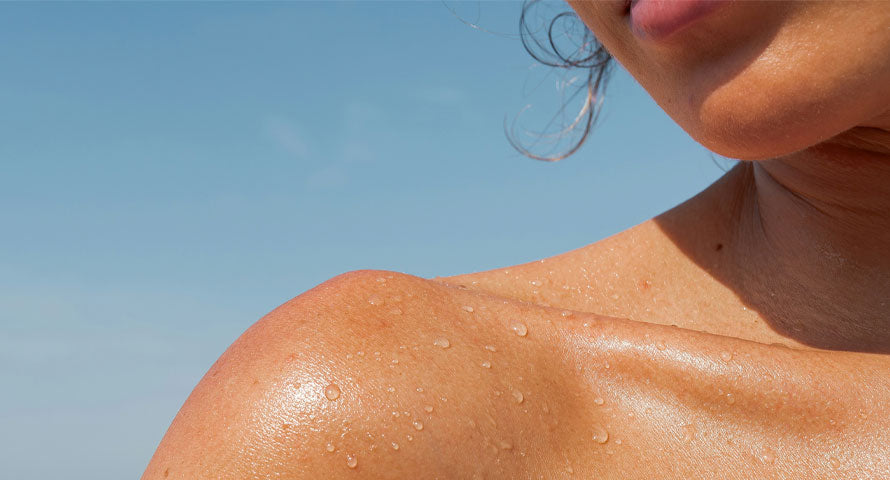
Remember, the best skincare routine is one that is tailored to your specific needs and adheres to scientifically supported principles.
Remember, correct summer skincare is about more than just aesthetics—it's about protecting your skin's health. Enjoy the sun safely, and your skin will thank you!


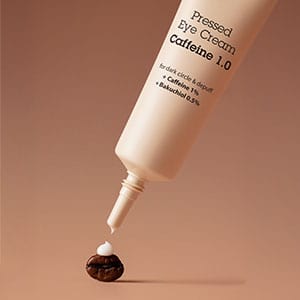
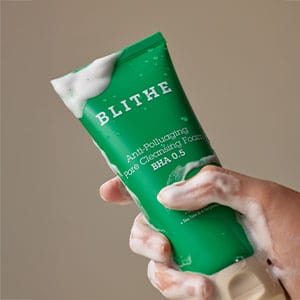
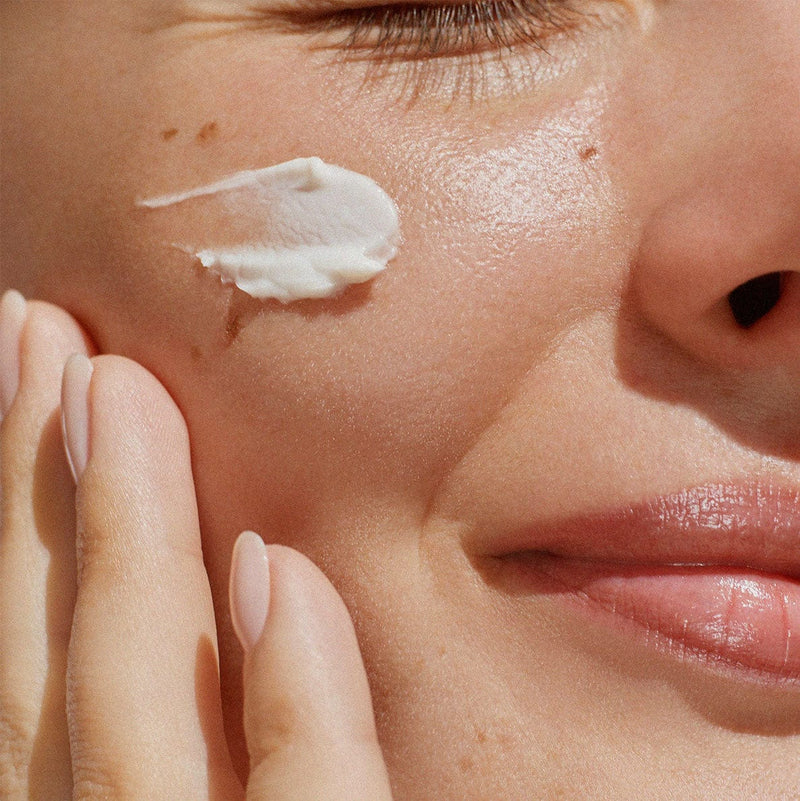

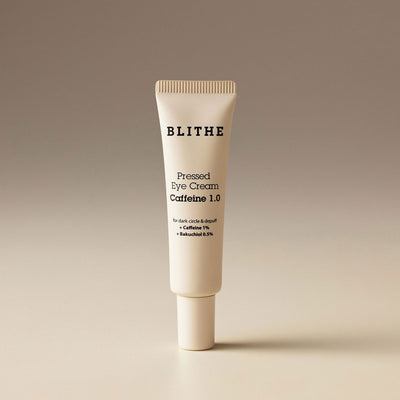
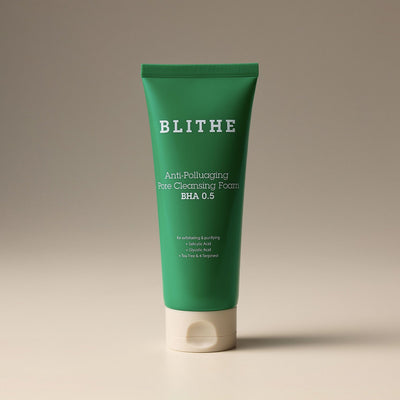
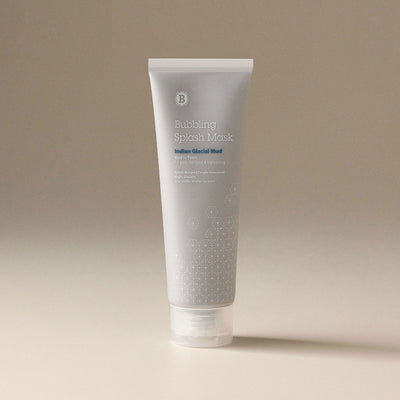
Leave a comment